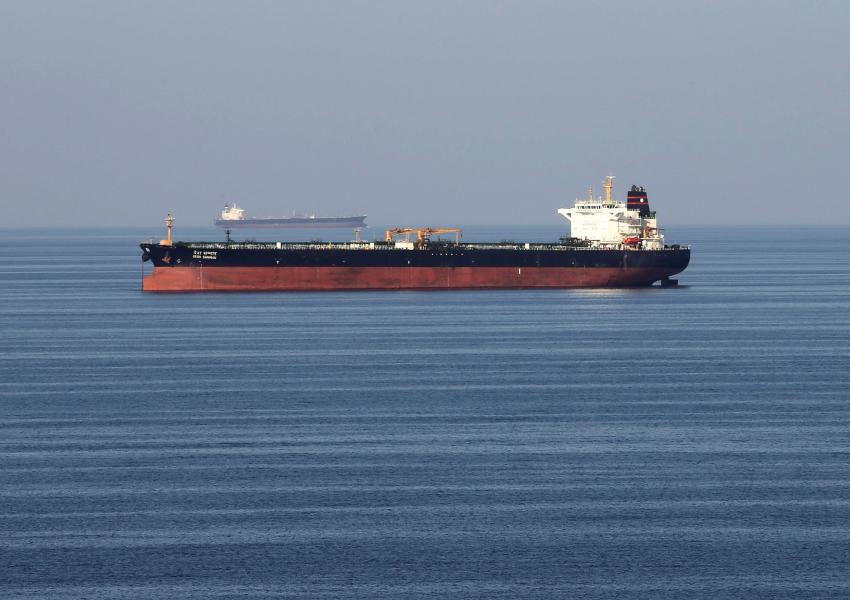
Energy Security and the Strategic Importance of the Strait of Hormuz
The governing principle in the global oil market is supply and demand. As long as there is a balance between the two in the market, the prices do not change much. Prices begin to behave differently when there is unrest in a country or region producing oil if there is a conflict between two oil producers, or when there is an interruption in an international oil route.
The safety of oil transit and routes have always been a major concern for countries producing or consuming oil. The economic growth and reliability of energy sources in consumer countries have a direct correlation with the stability in the Middle East and the energy routes including the Strait of Hormuz. The recent incidents have increased the global concerns and convinced some of these countries to mediate between Iran and the US. They aim to prevent a military confrontation and another global oil shock.
Sanctions on Iran and the Price of Oil
After the US withdrew from the Iran nuclear deal and the reinstating of American sanctions on Iran’s oil export, it was expected that oil prices would rise. However, the decline in the economic growth of major oil consumers in the world resulted in a decrease in demand in the market. The waivers the US granted to some countries to continue buying oil from Iran also provided the chance for Iran to retain its position in the oil market and helped the buyers reduce Iran’s oil as they were looking for substitute oil exporters. The UAE and Saudi Arabia agreed, with the US green light, to increase their production from July to fill up Iran’s place in the market.
Increased Possibility of Confrontation
The leaders of Iran have threatened to block the Strait of Hormuz since the 1980s. This Strait is a strategic route for oil shipment. During the first half of 2018, 4.17 million barrels have passed through this strait per day on average. A third of the world LNG is shipped through the same route.
The predictions about the rise of oil price in case of a regional conflict are not based on scientific analyses. Some analysts predict that the oil price would rise by $10 if the Strait is blocked. However, an oil shock happens when there is a real fear of war in the region. It is hard to predict the exact amount of jump in prices in such a scenario, but it would be big and pose a serious problem for producers and consumers of oil alike.
Carter’s Doctrine and the Importance of the Strait
It was right at the beginning of Iran-Iraq war in the 1980s when Jimmy Carter, the US president, created CentCom - The United States Central Command - to maintain the security and stability in the Persian Gulf. His doctrine was explained as ”any attempt by foreign forces to take control of Persian Gulf will be considered an attack on American vital interests. These attempts would be averted by all means including military action.” The CentCom was instrumental in escorting Kuwaiti or Saudi oil tankers in 1987 and 1988 as well as in the Gulf war.
Substitute Routes for the Strait
Other countries of the region, especially Saudi Arabia and the UAE, established a pipeline in 2007 to detour the Strait of Hormuz and export the oil from the Persian Gulf out. Saudi Arabia built Petroline (an east-west pipeline) of 750 miles length that pump oil from the eastern shores to the western coast of the country to the Red Sea. It is said that the pipeline has not been used to its full capacity. Saudi Arabia does have another inactive pipeline which lies through Iraq, but it has not been used since Iraq’s invasion of Kuwait.
At the beginning of this year, the UAE signed a contract with a Korean company to build the largest oil storage facility in the world; another act to detour the Strait of Hormuz. This facility will have the capacity for 42 million barrels of oil and located in Fujairah, in the eastern shores of the Emirates. They already built a pipeline to move 70% of their oil to the global market without any reliance on the Strait. However, if there is a military confrontation in the region, their contingency plans would be in danger too.
In the worst-case scenario, there would be a conflict and Iran try to block the Strait which adds a shock to the market. The oil price would hike and the energy security, as well as economic growth of consumer countries, would hurt. There would also be an international consensus in condemnation of the country who blocks the Strait.
The LNG market would suffer too. The price for LNG would rise and the most damage would be inflicted on countries who buy both oil and LNG from the Middle East. The numerous travels by European and East Asian leaders to the Middle East show how hard they all try to de-escalate the situation and prevent from the possibility of a confrontation between the US and Iran.
The other countries’ interests in the region would be jeopardized in such circumstances. The beginner of this conflict in the region would undergo enormous costs in the near future.









